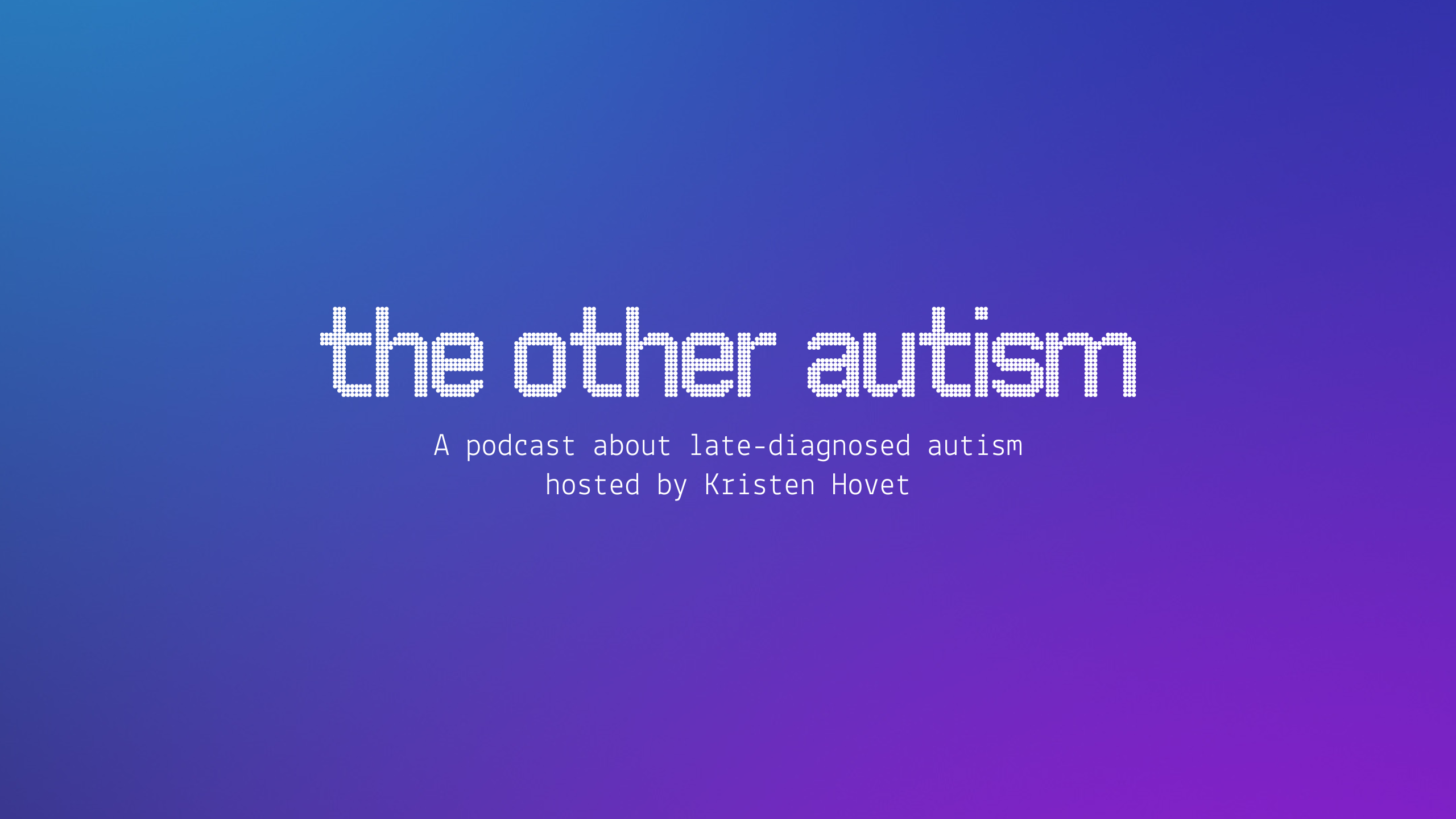In my opinion, the preferred language is “autistic person”. When I was first diagnosed as autistic at the age of 38 (two days before my 39th birthday), I was unsure about this and didn’t know what to call myself. Now, I absolutely prefer identity first language — “autistic person”. It now seems strange to me when I hear or read “person with autism”, though I have heard that a minority of folks on the spectrum continue to prefer “person with autism”.
Why do I prefer identity first language? Autism is not an addendum unto myself. It is not an illness or something of which I’m trying to rid myself. I am autistic. Autism pervades my entire being and without it I would not be me.
Identity first language means that I am not looking for treatment or a cure for my autism. I am accepting myself for who I am, no questions asked. Autism is a different neurotype, not a disease or illness, nor is it something to be ashamed of.
Identity first language is “favoured by many autistic people” and “reflects the belief that being autistic is a core part of a person’s identity.”
Autism Awareness Australia
The trend of using person-first language, such as saying “person with autism”, had good intentions in that it tried to put the person first instead of their disability. But imbedded in this approach is a very negative view of disability. It assumes that the person should be ashamed to be defined by their disability, or, at the very least, that the person wishes to one day be rid of their disability.
Person-first language has had some unintended consequences. For some, it implied a negative value to disability. We don’t use person-first language when traits are highly valued. For example, we don’t say, “Person with intelligence,” we say, “She’s an intelligent person.”
The Asperger/Autism Network (AANE)
Autistic pride
In embracing identity first language, we are expressing our pride for who we are. We refuse to accept the deficit model of autism, which paints autism as a burden or something unwanted. When it comes to autism, it is my opinion that you can’t use person-first language unless you’ve internalized the deficit model of autism, at least to some degree.
What do you think? Leave your comment below.


One response to “Autistic person or person with autism?”
Hi, I just wanted to let you know that your post has been mentioned here: https://quantumlivingpsychology.wpcomstaging.com/2021/02/09/talk-respectfully-autism/
Your summary of identity-first language is so clear and succinct. When we treat “autistic” like a normal adjective, we challenge the idea that something is wrong with it.
LikeLike